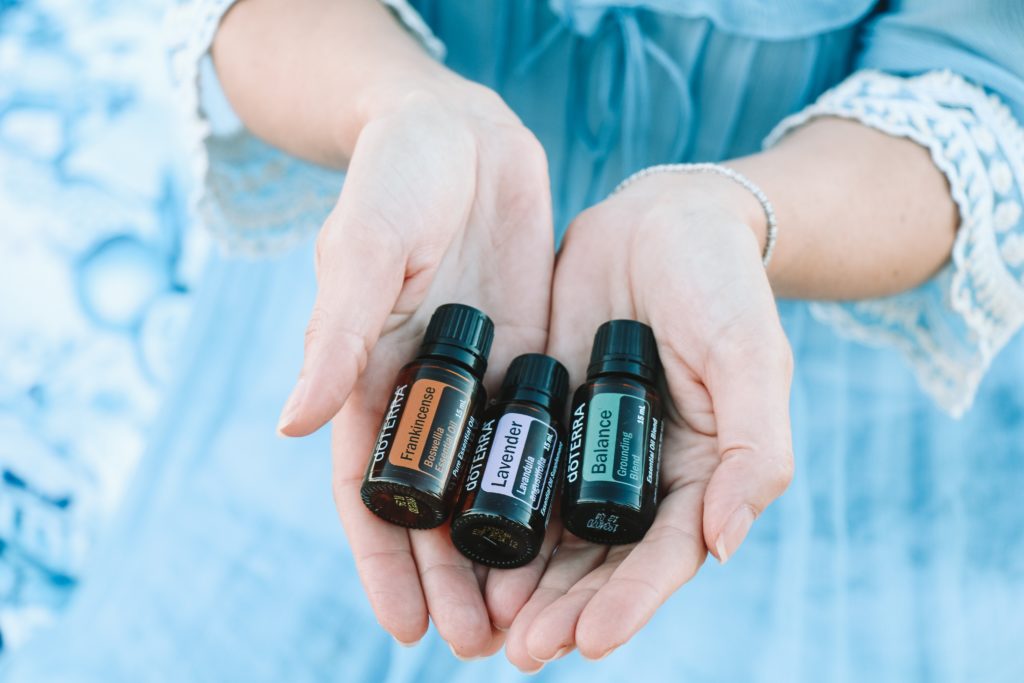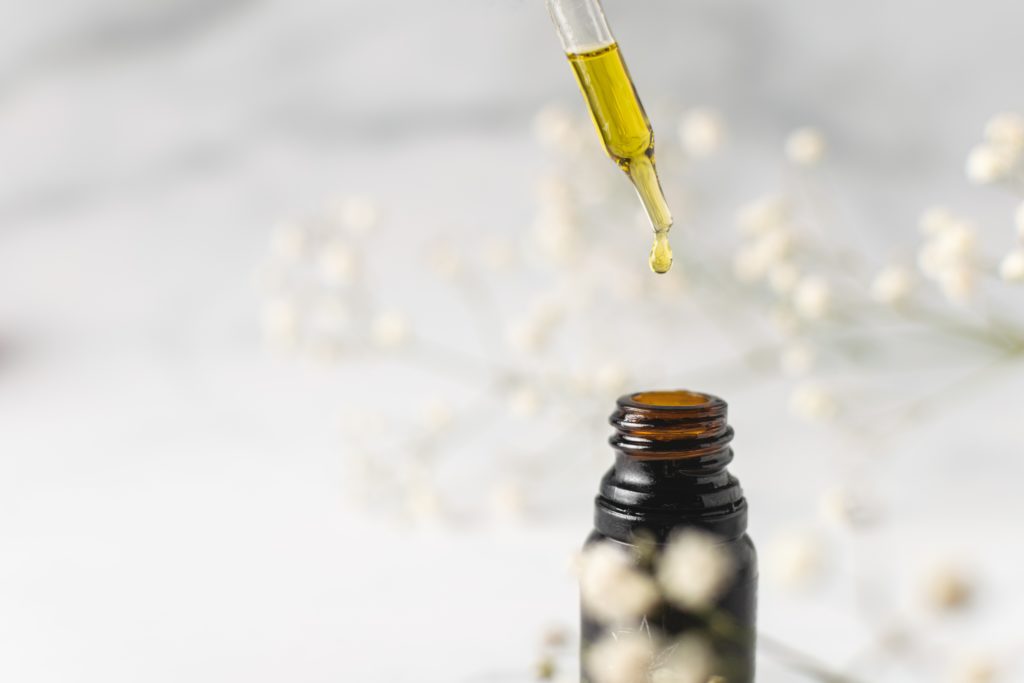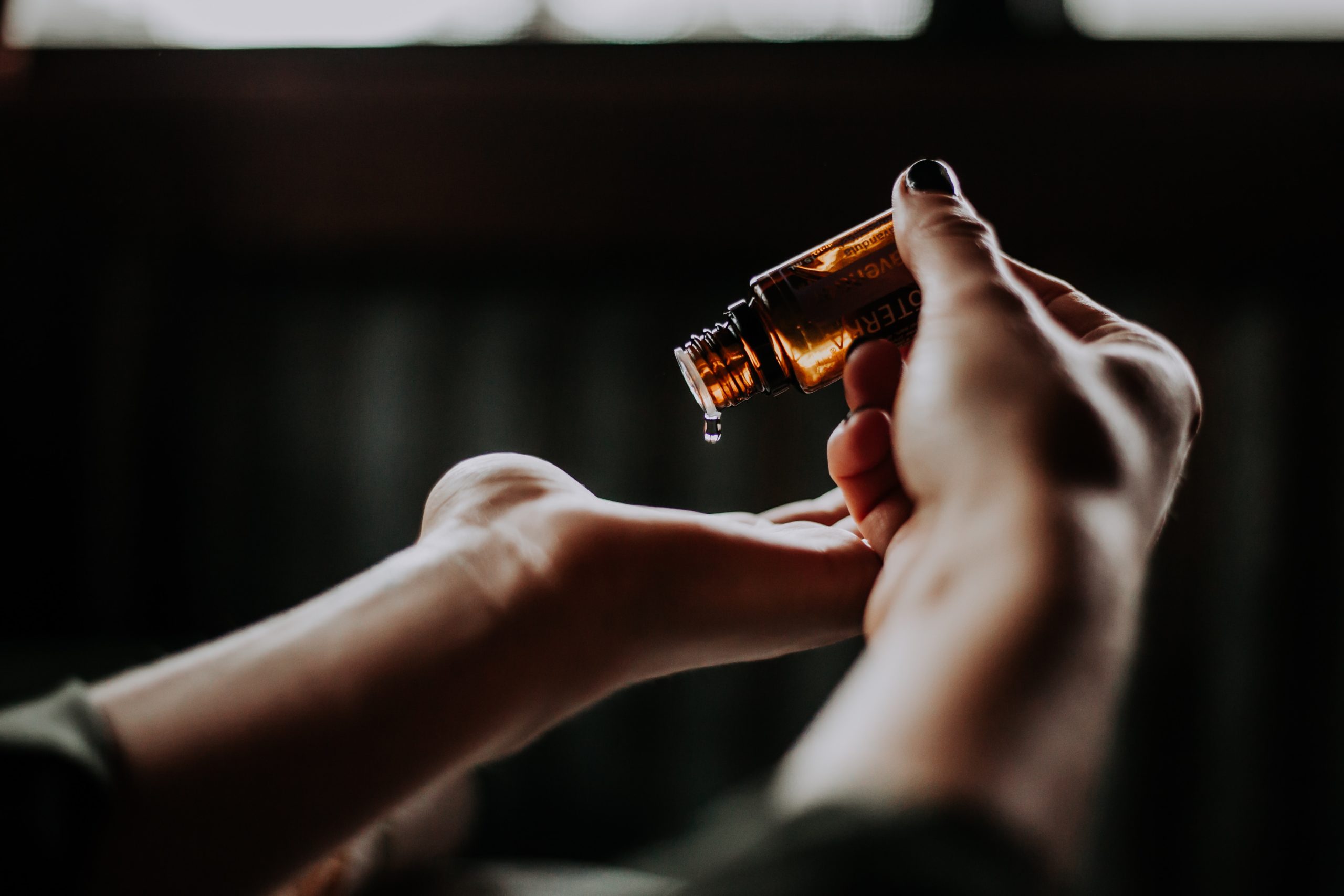In recent years, the use of essential oils in skincare has gained immense popularity, and for a good reason. Essential oils have been hailed for their therapeutic properties, and many people swear by their benefits in promoting healthy skin.
However, with the growing popularity of essential oils, there has also been increasing skepticism about their effectiveness and safety.
In this article, we will explore the question, “Are essential oils truly good for your skin?” by examining their properties, effects on the skin, scientific evidence, and safe use guidelines.
What are Essential Oils?
Essential oils are highly concentrated, aromatic plant extracts obtained through various methods such as steam distillation, cold pressing, or solvent extraction.
They are extracted from different parts of the plant, including leaves, flowers, roots, stems, and bark. Essential oils are composed of volatile compounds that give them their characteristic scent and flavor.
Common Essential Oils Used in Skincare

There are numerous essential oils that are commonly used in skincare, each with its unique properties and benefits. Some of the most popular essential oils used in skincare include:
- Lavender oil: This oil is known for its calming and soothing properties, making it beneficial for irritated and sensitive skin. It is also believed to have antiseptic and anti-inflammatory properties to help with acne and other skin conditions.
- Tea tree oil: This oil has strong antibacterial, antifungal, and anti-inflammatory properties, making it beneficial for treating acne, fungal infections, and other skin conditions.
- Rosehip oil: This oil is rich in antioxidants and essential fatty acids, making it an excellent choice for moisturizing and repairing the skin. It is also believed to help reduce the appearance of fine lines and wrinkles.
- Frankincense oil: This oil has been used for centuries for its healing properties and is believed to help reduce inflammation, promote cell regeneration, and improve the appearance of fine lines and wrinkles.
The Benefits of Using Essential Oils in Skincare
Essential oils offer numerous benefits for the skin, including:
- Antimicrobial properties: Many essential oils have antimicrobial properties that can help kill bacteria and fungi on the skin, making them beneficial for treating acne and other skin conditions.
- Anti-inflammatory properties: Essential oils have anti-inflammatory properties that can help reduce redness, swelling, and irritation on the skin.
- Moisturizing properties: Some essential oils have moisturizing properties that can help keep the skin hydrated and prevent dryness.
- Antioxidant properties: Many essential oils are rich in antioxidants, which can help protect the skin from free radical damage and slow down the signs of aging.
Essential Oils and Their Effects on the Skin
The effects of essential oils on the skin depend on several factors, including the type of oil, the concentration used, and the individual’s skin type. Different skin types may react differently to essential oils, and some oils may be more beneficial for certain skin types than others.
- Oily skin: Essential oils such as tea tree oil, lavender oil, and peppermint oil may benefit oily skin as they have astringent properties that can help reduce excess oil production.
- Dry skin: Essential oils such as rosehip oil, chamomile oil, and sandalwood oil may benefit dry skin as they have moisturizing properties that can help hydrate and nourish the skin.
- Sensitive skin: Essential oils such as lavender, chamomile, and helichrysum oil may benefit sensitive skin as they have calming and soothing properties that can help reduce redness and irritation.
Possible Side Effects of Using Essential Oils on the Skin
While essential oils offer numerous benefits for the skin, they can also cause side effects in some individuals. Some of the possible side effects of using essential oils on the skin include:
- Skin irritation: Essential oils can irritate the skin, especially if used undiluted or in high concentrations. This can cause redness, itching, and burning on the skin.
- Allergic reactions: Some individuals may be allergic to certain essential oils, which can cause a range of symptoms, such as hives, swelling, and difficulty breathing.
- Photosensitivity: Some essential oils can make the skin more sensitive to sunlight, increasing the risk of sunburn and other types of skin damage.
- Skin discoloration: Some essential oils, particularly citrus oils, can cause skin discoloration if applied directly to the skin and then sunlight.
Scientific Evidence
There is limited scientific research on the effectiveness of essential oils for skincare, and much of the evidence is based on anecdotal reports and traditional medicine. However, some studies have shown promising results for certain essential oils in treating various skin conditions.
- Tea tree oil: A study published in the Australasian Journal of Dermatology found that tea tree oil was effective in treating mild to moderate acne vulgaris, significantly reducing inflammatory lesions.
- Lavender oil: A study published in the International Journal of Dermatology found that a combination of lavender oil and tea tree oil was effective in treating mild to moderate acne vulgaris, significantly reducing total lesion count.
- Frankincense oil: A study published in the Journal of Traditional and Complementary Medicine found that frankincense oil effectively reduced the appearance of fine lines and wrinkles in a small group of women aged 45-70.
While these studies show promising results, it is important to note that more research is needed to confirm the effectiveness and safety of essential oils for skincare.
Safe Use of Essential Oils on the Skin

To ensure the safe use of essential oils on the skin, it is important to follow these guidelines:
- Dilute essential oils: Essential oils should always be diluted before applying to the skin. The recommended dilution ratio is typically 1-2% for adults, adding 1-2 drops of essential oil to 1 teaspoon of carrier oil such as jojoba or sweet almond oil.
- Patch test: Before using a new essential oil on the skin, it is important to perform a patch test by applying a small amount of diluted oil to the inner arm and waiting 24-48 hours to see if any reaction occurs.
- Safe handling and storage: Essential oils should be stored in a cool, dry place away from sunlight and heat. They should also be kept out of reach of children and pets.
Conclusion
Essential oils offer numerous benefits for the skin, including antimicrobial, anti-inflammatory, moisturizing, and antioxidant properties. However, using them safely and responsibly is important to avoid any adverse effects.
While some essential oils have shown promising results in treating various skin conditions, more research is needed to confirm their effectiveness and safety.
In general, essential oils can be a valuable addition to your skincare routine when used safely and appropriately. However, it is important to consult with a healthcare professional or an aromatherapist if you have any concerns or questions about using essential oils on your skin.
Frequently Asked Questions (FAQs) on Essential Oils Truly Good for Your Skin
1. Can essential oils be used on all skin types?
While essential oils can benefit all skin types, some may be more beneficial for certain skin types than others. It is important to do research and patch tests before using any essential oil on your skin.
2. Can essential oils cure acne?
While essential oils such as tea tree oil and lavender oil have been shown to be effective in treating mild to moderate acne vulgaris, they are not a cure for acne. It is important to address the underlying causes of acne, such as hormonal imbalances and dietary factors, in addition to using essential oils.
3. Can essential oils be used undiluted on the skin?
No, essential oils should never be undiluted on the skin as they can irritate and cause skin damage. It is important to dilute essential oils with carrier oil before applying them to the skin.



